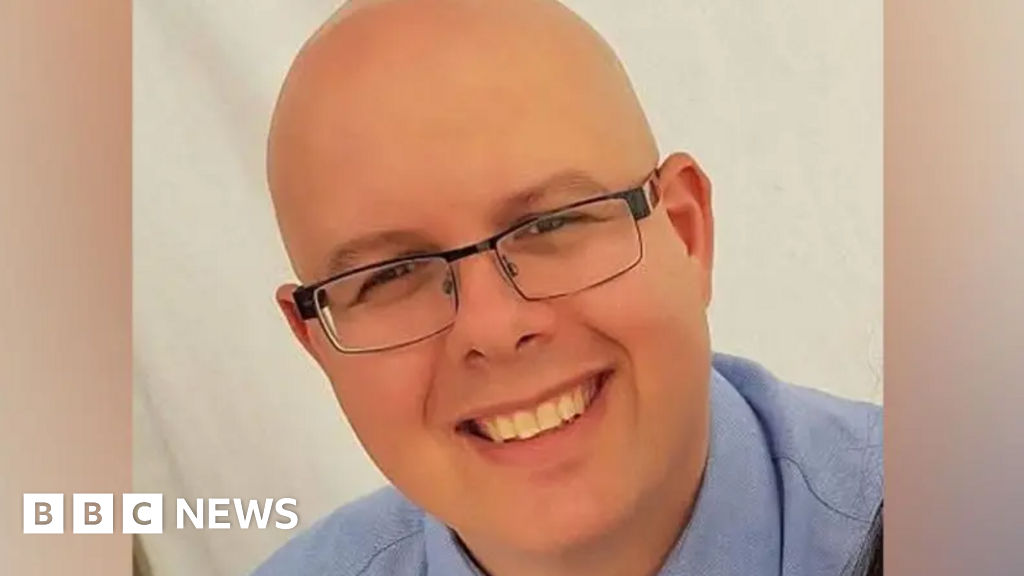Gareth Gordon News NI political correspondent

The prime minister has insisted new proposals for dealing with the legacy of The Troubles include protections for British army veterans but not paramilitaries.
Speaking about the plan worked out by the UK and Irish governments, Sir Keir Starmer told News NI he was pleased progress had been made on the issue.
“We have made a provision for veterans in relation to it, the protections have been put in place,” he said.
When asked to clarify if the protections were for everybody who came forward including paramilitaries the prime minister said: “No, it’s for veterans.”
“And obviously we need to make all of the arrangements workable in practice, but the next thing that needs to happen is the necessary legislation to take this forward,” he said.
‘I want this to work’
The prime minister also denied that it has left some people thinking he sees veterans as more important than victims.
“No, not at all,” he said.
Sir Keir said he worked in Northern Ireland for five years so he knows “how important accountability and truth and justice is for all the victims”.
“Other governments have failed on this, the last government badly.
“I want this to work…and I have in my mind’s eye the victims who’ve waited a very, very long time for the accountability that they deserve,” he added.
He also defended his government’s decision to appoint a Dutch conflict resolution expert to explore the merits of talking to paramilitary groups about disbandment.
Fleur Ravensbergen is based at the University of Amsterdam.
She could meet representatives of loyalist and republican organisations over the coming months and will deliver a report next August.
Sir Keir told News NI: “Those paramilitaries are still having impact and effect in some communities in Northern Ireland.
“That is intolerable, and it is our job to do whatever we can to alleviate that for those communities, and that’s the sole purpose of this role.
“So that doesn’t deflect from my condemnation of paramilitaries, not in the slightest.”
The prime minister denied his leadership was “hanging by a thread” amidst reports the Mayor of Manchester Andy Burnham is preparing a leadership challenge.
He also refused to get drawn into the question of whether or not people in Northern Ireland should be able to vote in the Irish presidential election saying: ” I think that’s something that needs to be worked through.”

Analysis: Scrutiny comes at a price
News NI Political Editor Enda McClafferty
It was for Sir Keir Starmer a moment of great jeopardy and opportunity all rolled into one.
Twenty six interviews back to back with all of the UK’s regional political editors was a challenging prospect.
But it also provided a platform to penetrate deep into every corner of the UK with guaranteed air time.
More importantly, it allowed him to focus on the most of local of issues affecting communities which seldom appear on his radar.
But such scrutiny – 130 minutes of constant questions – comes at a price on a day when his leadership is being questioned by his own MPs.
In Northern Ireland, he championed his new Troubles legacy deal with Dublin but made clear veterans would be treated differently than former paramilitaries.
Despite the Irish government insisting everybody who engages with the new legacy bodies will be treated the same.
We await to see how these promises are laid out in legislation which could come within weeks.
He also defended engaging with those paramilitary groups still active in communities and said the “sole purpose of the process” was to alleviate the suffering of those living in fear.
But there was no escaping the questions around his leadership which seem to be growing by the day.
He insisted he will lead the party into the next general election in four years and will face down any challengers to his leadership including the Manchester mayor Andy Burnham who he suggested was driven by his own personal ambition.
It is hard to believe how a party leader with a 150 seat majority at Westminster could be under such pressure.




